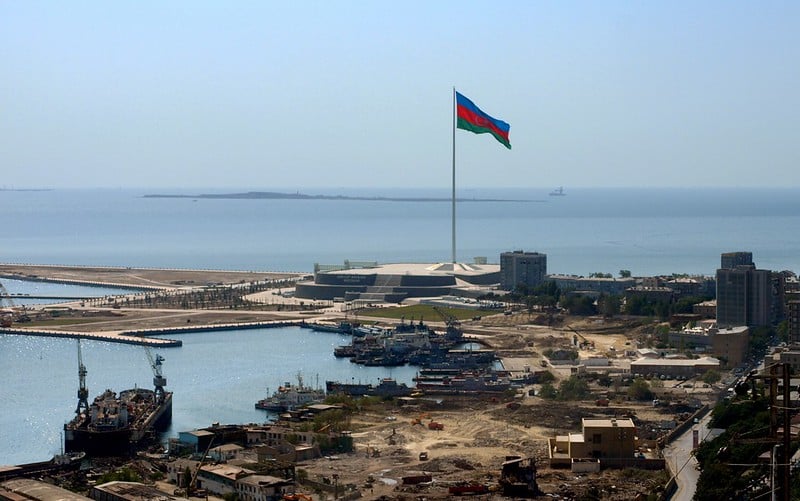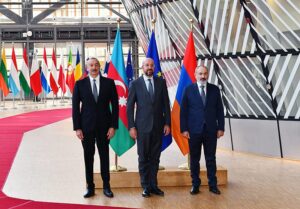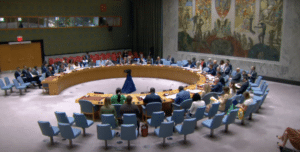The first people have been released based on an act of amnesty announced in connection with Victory Day in Azerbaijan. The Minister of Justice of Azerbaijan stated that the act of amnesty has so far affected around 1,300 people.
Victory Day celebrations
On November 8th, Azerbaijan celebrated its Victory Day, to commemorate its victory in the 2020 Nagorno-Karabakh war. It has grown into a national holiday, celebrated on the day of the capture of the city of Shusha, the pivotal battle that led to its defeat of Armenia. Two days after the capture of Shusha, on November 10th, a trilateral agreement with Armenia, Azerbaijan, and Russia ended the Nagorno-Karabakh conflict. However, tension remains between Armenia and Azerbaijan, with violence flaring up repeatedly.
To celebrate Victory Day, the parliament of Azerbaijan adopted a mass amnesty bill on November 5th. According to reports, at least 16,000 prisoners will be affected by it, with the first 1,300 prison releases already underway. Prisons, the interior ministry, executive structures and preliminary investigation committees have been instructed to ensure completion of the amnesty procedure within four months from the date of its entering into force.
Azerbaijan’s political prisoners
According to international watchdogs such as Freedom House and Human Rights Watch, Azerbaijan is not free. There are a number of people behind bars allegedly because of their political beliefs, including rights activists, politicians, and journalists, making them ‘political prisoners’. Rights groups estimate the number to be around 150, though the Azerbaijani government has denied all allegations of political imprisonment.
The amnesty act will cover a range of people, such as those who have close relatives that fought in various wars, or those that fought themselves. These include people who had close relatives who went missing or were killed during World War II, the Khojaly genocide, or the second Karabakh war of 2020. Political prisoners are not among those released, nor are foreign prisoners of war.
Reactions
Experts positively assess the decision, but emphasize that it does not solve the problem of political prisoners. According to Rufat Safarov, a human rights activist and co-founder of the human rights organization Line of Defense, human rights defenders had high expectations for the amnesty. “However, the articles of the draft law on amnesty indicate that it cannot be called a ‘golden amnesty’ since it most likely will not affect people whose only fault is their political activity and opposition”. The adopted amnesty is allegedly adopted with political discrimination, not applying to individuals arrested for their political views.
Repeating history?
This is not the first mass amnesty conducted by Azerbaijan. In 2016, 148 detainees were pardoned by a presidential decree, including human rights defenders, figures from the political opposition and other political prisoners. Analysts then indicated that the amnesty may have been intended as a concession ahead of a visit by President Aliyev to the U.S., and an attempt to deflect international criticism of Azerbaijan’s poor human rights record. Though such a conclusion has not yet been drawn regarding the 2021 amnesty act, critics remain skeptical, particularly as political prisoners are not among those to be released.
Sources: IWPR, Trend, Trend2, Jam-news, Eurasianet
Photo: Flickr



